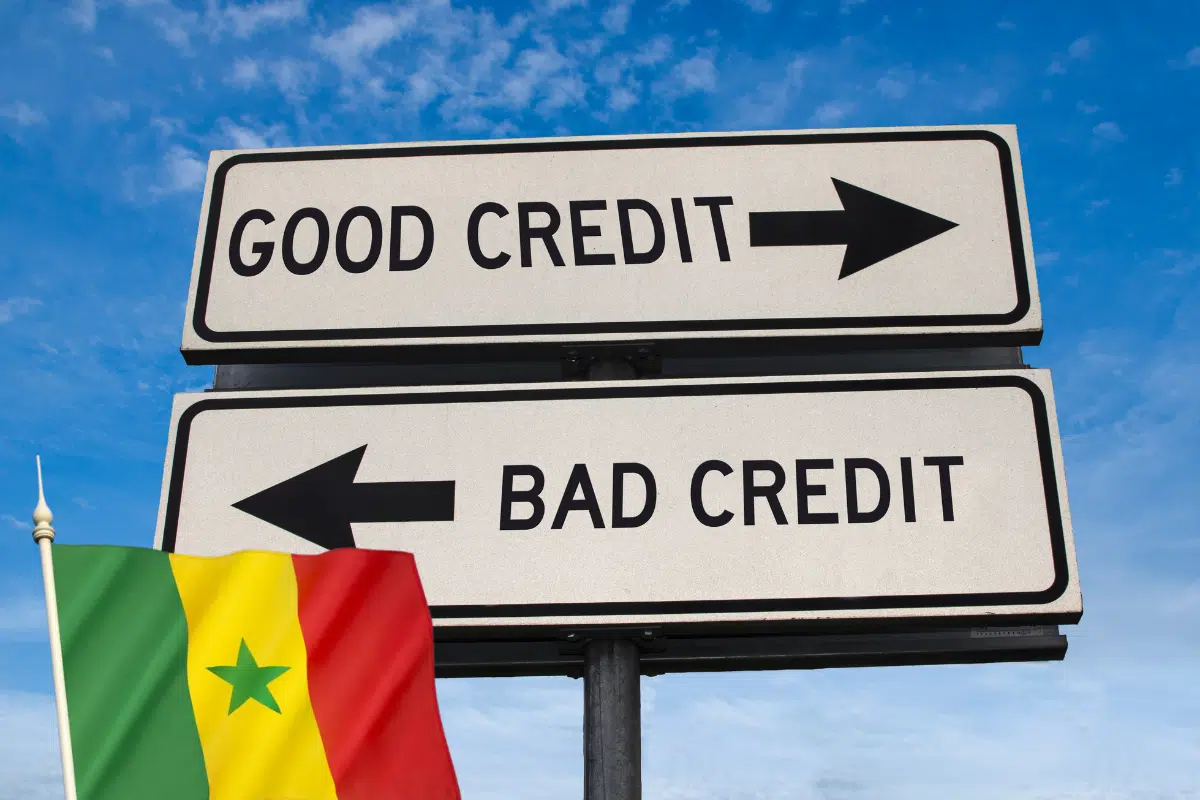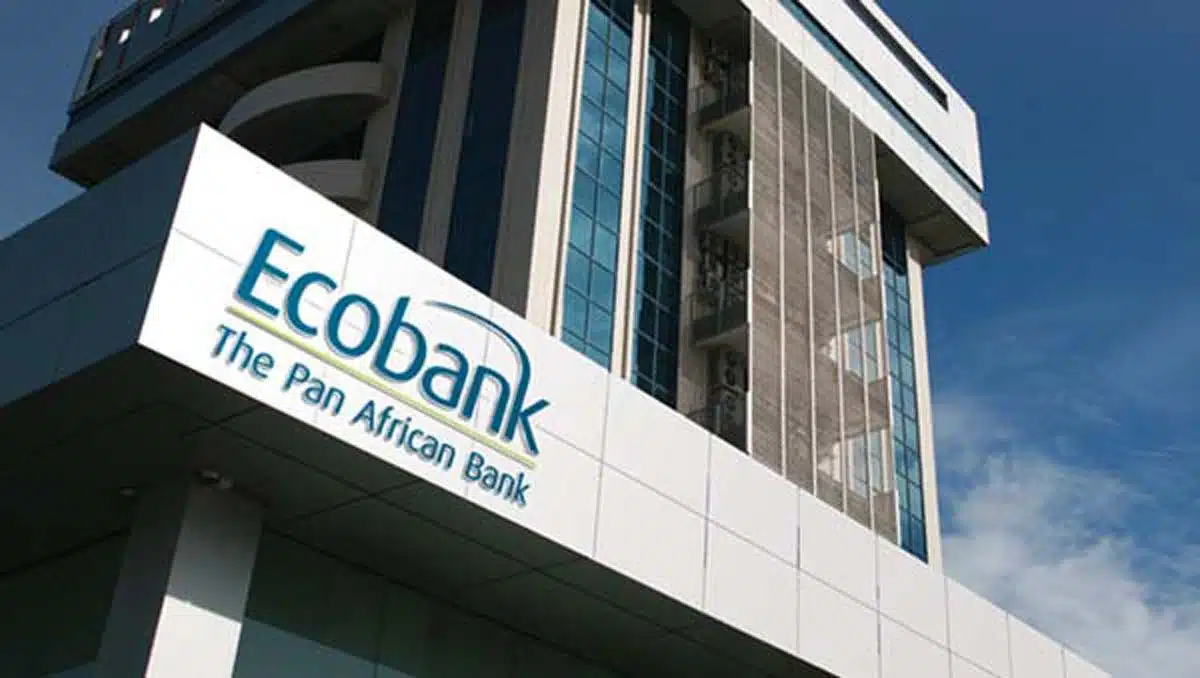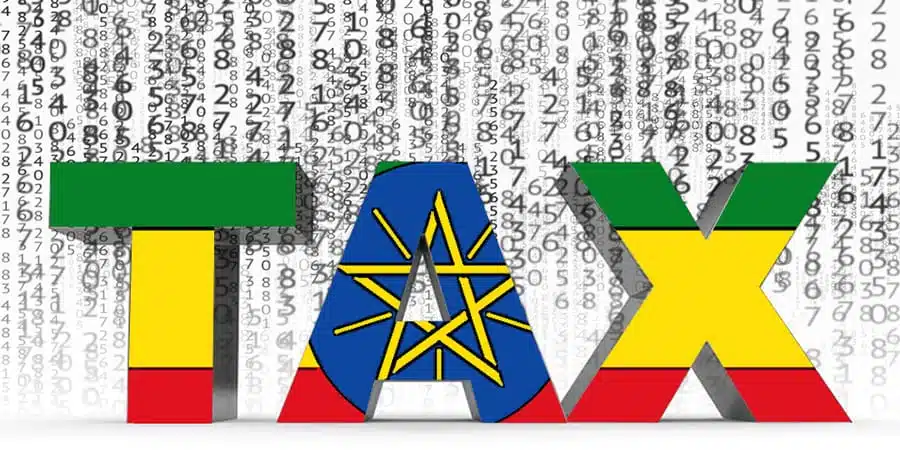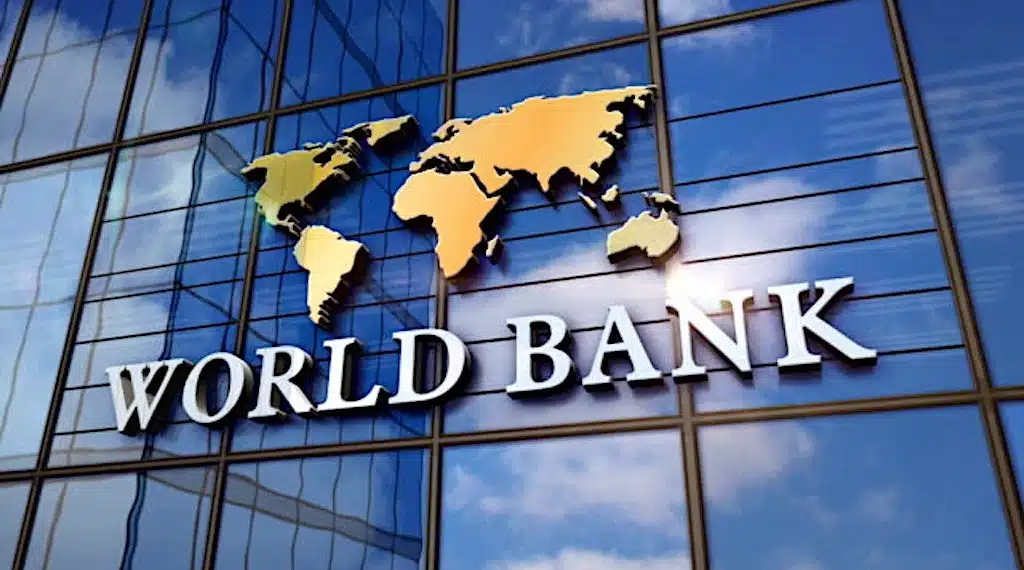Global rating agency, Moody’s has cut Senegal’s long-term foreign-currency rating by two notches from B1 assigned in October 2024 to B1 and changed its credit outlook to negative.
This decision was influenced by findings from Senegal’s Court of Auditors, which revealed significant discrepancies in the government’s reported debt and fiscal deficit figures.
The audit indicated that the central government debt was approximately 99.7% of Gross Domestic Product (GDP) in 2023, about 25 percentage points higher than previously reported.
Additionally, the fiscal deficit was estimated at 11.6% of GDP for 2024, reflecting a weaker fiscal position than earlier stated.
It would be recalled that upon assuming office in April 2024, President Bassirou Faye commissioned an investigation into the country’s financial records to identify any inaccuracies or misreporting.
“The negative outlook reflects downside risks related to the fiscal trajectory and government liquidity,” Moody’s said in a statement released during the weekend.
“Although the government targets an ambitious pace of narrowing of the fiscal deficit and the B3 rating is predicated on the capacity to sustain debt reduction going forward, what has now been revealed to be a very weak fiscal and debt position will complicate fiscal consolidation efforts.”
The agency further revealed that the central government’s debt ratio, which is forecasted to have risen to 107% last year, is significantly higher than the 2024 B-rated average of 49%. It is also one of the highest among its economic counterparts.
Moody’s downgrade comes amid mounting calls by African leaders for a home-grown credit rating agency that will provide fairer assessments of African economies, addressing concerns over prejudiced evaluations by the dominant rating agencies.
These calls have culminated in the creation of the African Credit Rating Agency (AfCRA) set to launch in June.
Proponents of the initiative argue that downgrades such as this drive up borrowing costs and restrict access to global capital markets, depriving African nations of much-needed financing.
A B3 rating by Moody’s signals to investors that the country is more susceptible to adverse economic and financial shocks, has a high-credit risk and is more likely to default on its loans.
As a result, lenders often demand higher interest rates on loans offered to countries with a low credit rating.






